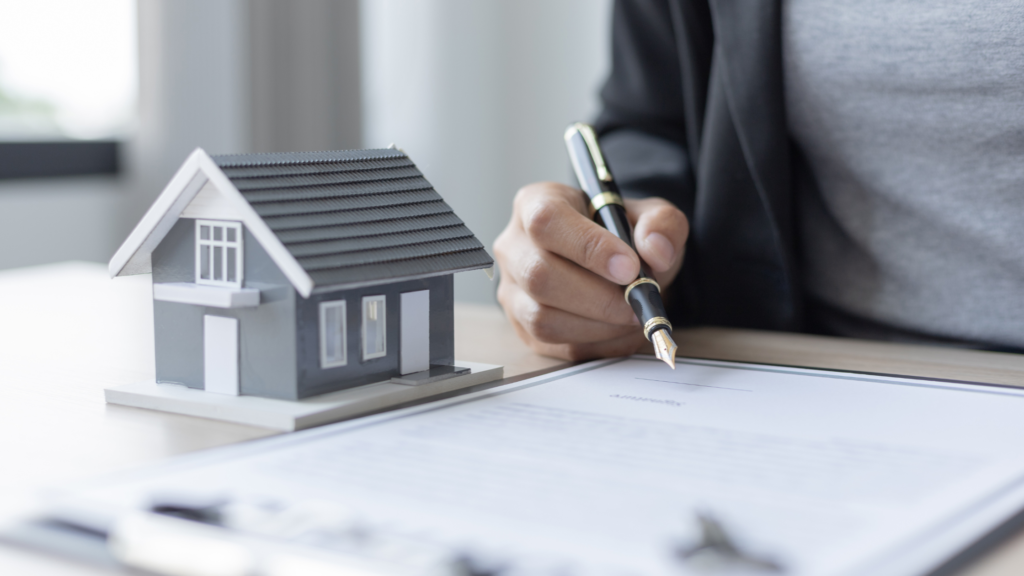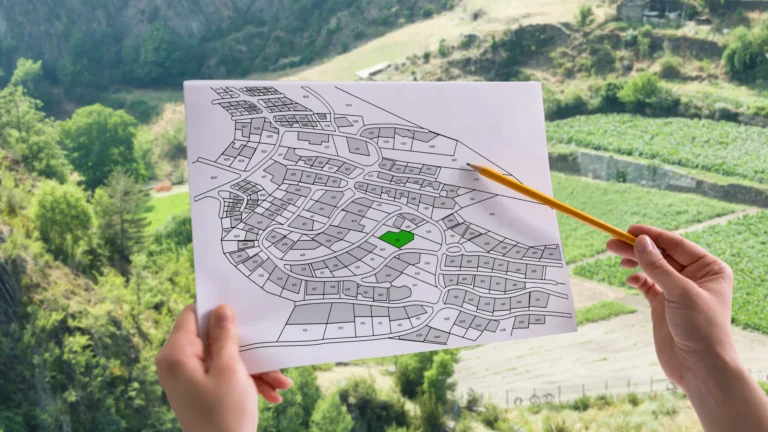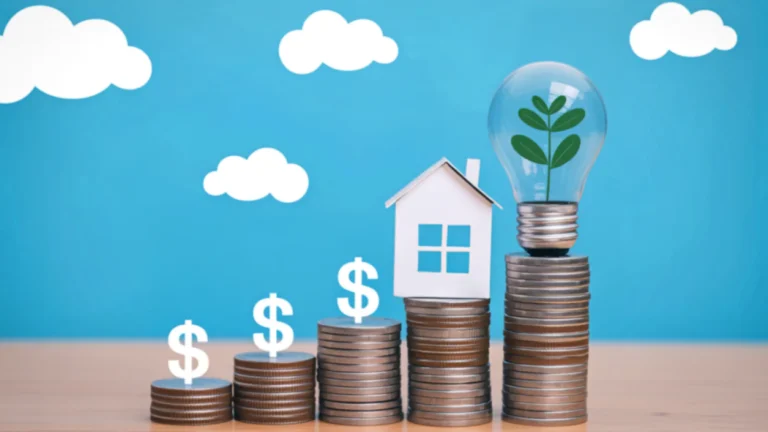Buying a house is a significant life decision that requires careful thought and consideration. As a home buyer, you’re not just investing in a property but also in your future. If you’ve ever asked yourself, “Is buying a house a good investment?” or “What to look for when you buy a house?” then you’re already on the right track toward making a well-informed decision.
Before you buy a house, it’s crucial to take the time to assess various factors that can impact both your short-term living situation and long-term financial health. From location and neighborhood to financing options and potential for appreciation, every aspect of the process matters.
Location
The first and most obvious factor to consider when deciding to buy a house is the location. The old real estate says “location” holds because it impacts everything, from your daily commute to your property’s future value.
When choosing where to buy a house, think about proximity to work, schools, healthcare facilities, public transport, and entertainment options. If you’re a home buyer with a family, consider the quality of local schools, parks, and community amenities. A good neighborhood with low crime rates and a strong sense of community is always a valuable asset.
Budget and Financing Options
Before you buy a house, it’s important to establish a realistic budget and explore various financing options. Understanding how much you can afford helps narrow down your choices and prevents you from overextending financially. The general rule of thumb is to spend no more than 28% to 30% of your monthly gross income on housing.
Additionally, take into account down payments, closing costs, and other hidden fees that may arise during the home-buying process. Whether you choose to buy a house using a conventional mortgage or explore government-backed loans, make sure you get pre-approved for a loan. This will give you a clear picture of what you can afford and show sellers you’re a serious buyer.
Home Condition and Age
Another crucial factor when buying a house is its condition. Older homes may have a lot of character, but they may also come with hidden maintenance costs. Look for structural issues, plumbing and electrical systems, and roofing conditions when assessing a potential property.
Is the house in need of major repairs? Are the appliances in good condition? These are important questions to answer before making an offer. Sometimes, the cost of fixing up an older house can outweigh the benefits of owning it, so be sure to account for any renovations or repairs that might be necessary after you buy a house.
If you’re a first-time home buyer, you might also want to consider a home inspection. A professional inspection can uncover underlying problems that you might miss during your initial walk-through, saving you money and stress in the future.
Future Resale Value
While buying a house is a personal decision, it’s also a financial one. Homeowners often sell their properties after several years, so considering the future resale value is key. Ask yourself: Is this house likely to appreciate over time? Factors like location, property size, and future development plans for the area can all influence your home’s potential resale value.
Additionally, keep an eye on trends in the local real estate market. Are homes in this area selling for higher prices? Is the neighborhood undergoing gentrification, or are property values on the decline? A home in a desirable area will often be easier to sell when you decide to move.
Long-Term Investment Potential
If you’re asking yourself, “Is buying a house a good investment?” the answer depends largely on the housing market and how long you plan to stay in the property. Real estate tends to appreciate over time, but the rate of appreciation can vary depending on factors such as location, economic conditions, and market trends.
As a home buyer, you should also consider whether the property is a good fit for your long-term goals. For example, if you’re planning to grow your family, you’ll want to ensure that the home provides enough space and flexibility for the future. If you’re looking for a property that offers rental income, you may want to invest in a multi-family unit or a house in an area with high rental demand.
Legal and Regulatory Factors
Before you buy a house, it’s also important to check the legal status of the property. Ensure that the seller has clear ownership and there are no pending disputes related to the property. You’ll want to ensure that the house has the proper permits for any renovations or improvements that may have been made. This can help you avoid legal hassles down the road.
It’s also important to verify zoning laws, especially if you have future plans to expand the property or use it for business purposes. Always consult with a real estate lawyer to make sure everything is in order.
Market Conditions and Timing
Real estate market conditions vary by location and time of year. Historically, the market tends to be more active during spring and summer, with more inventory available. However, this also means prices may be higher. On the other hand, buying during the fall or winter can sometimes yield better deals, as there are fewer buyers in the market.
If you’re asking yourself whether now is a good time to buy a house, keep an eye on mortgage rates. Low interest rates can make a significant difference in your monthly payments and overall loan cost. Understanding the timing and market conditions will help you make a well-timed purchase.
Why SVG Developers in Hyderabad Could Be Your Best Investment?
In the growing real estate market of Hyderabad, one name that stands out is SVG Developers. Known for their quality construction, timely delivery, and a wide range of residential options, SVG Developers offer properties that meet the needs of both first-time home buyers and seasoned investors.
Whether you’re looking for a cozy apartment or a luxurious villa, SVG Developers provides homes that are not just well-built but also strategically located, ensuring great future returns on investment. Their expertise in the Hyderabad real estate market makes them a trusted partner for anyone looking to buy a house in the city.
FAQs
What should I look for when buying a house?
When buying a house, consider location, budget, home condition, future resale value, and financing options. It’s also important to factor in long-term goals and the current real estate market.
Is buying a house a good investment?
Yes, buying a house can be a good investment, especially in a stable or growing market. Real estate tends to appreciate over time, but the right location and property type are key.
How much should I spend when buying a house?
A general rule of thumb is to spend no more than 28-30% of your gross monthly income on housing. This includes mortgage payments, taxes, and insurance.
How do I check if a house is a good investment?
Look at the neighborhood, market trends, and potential for future growth. A home in a desirable area with increasing property values is likely to be a good investment.
What is the process of buying a house?
The process includes getting pre-approved for a loan, finding a real estate agent, viewing properties, making an offer, and completing the necessary paperwork and inspections before closing the deal.





